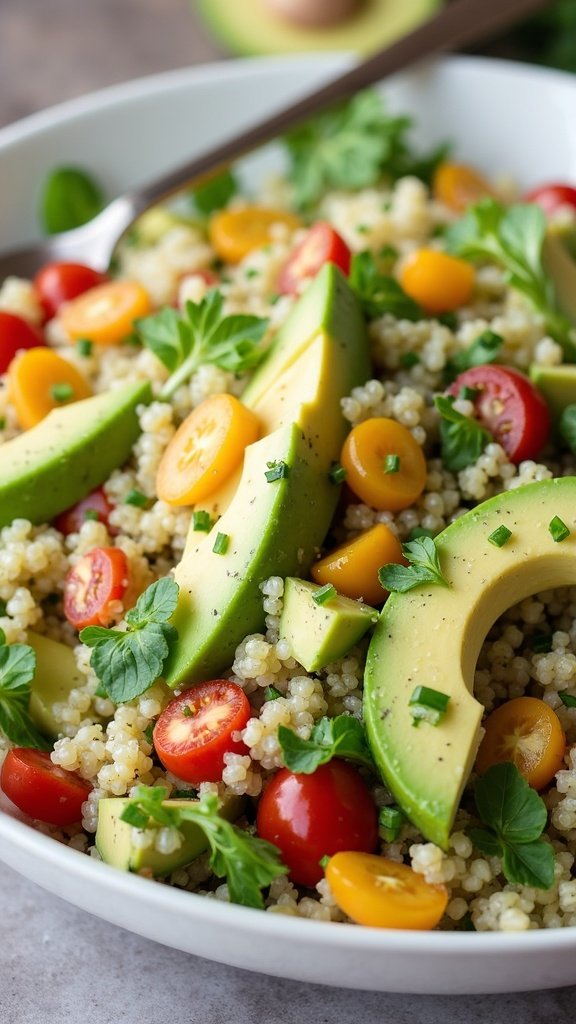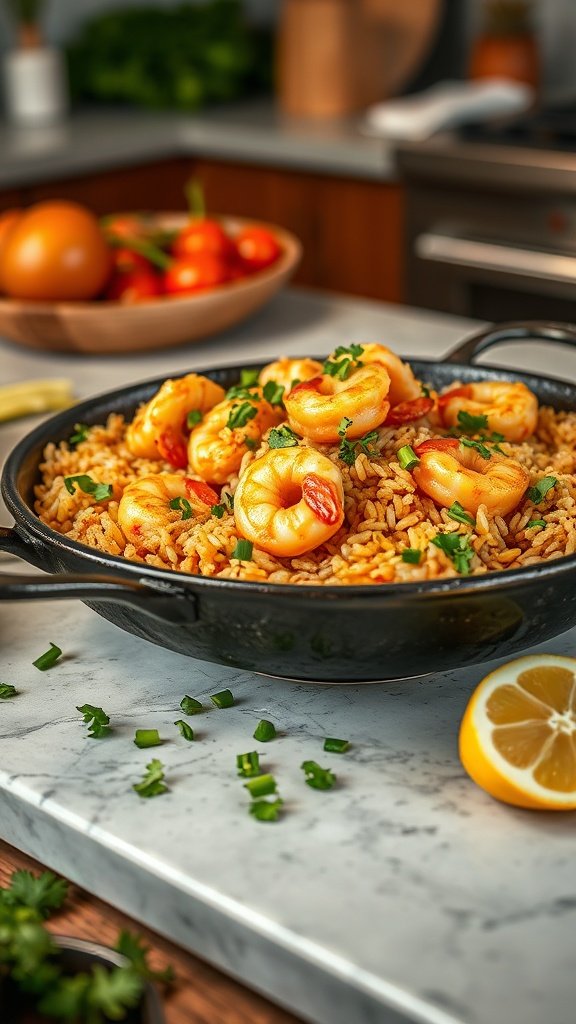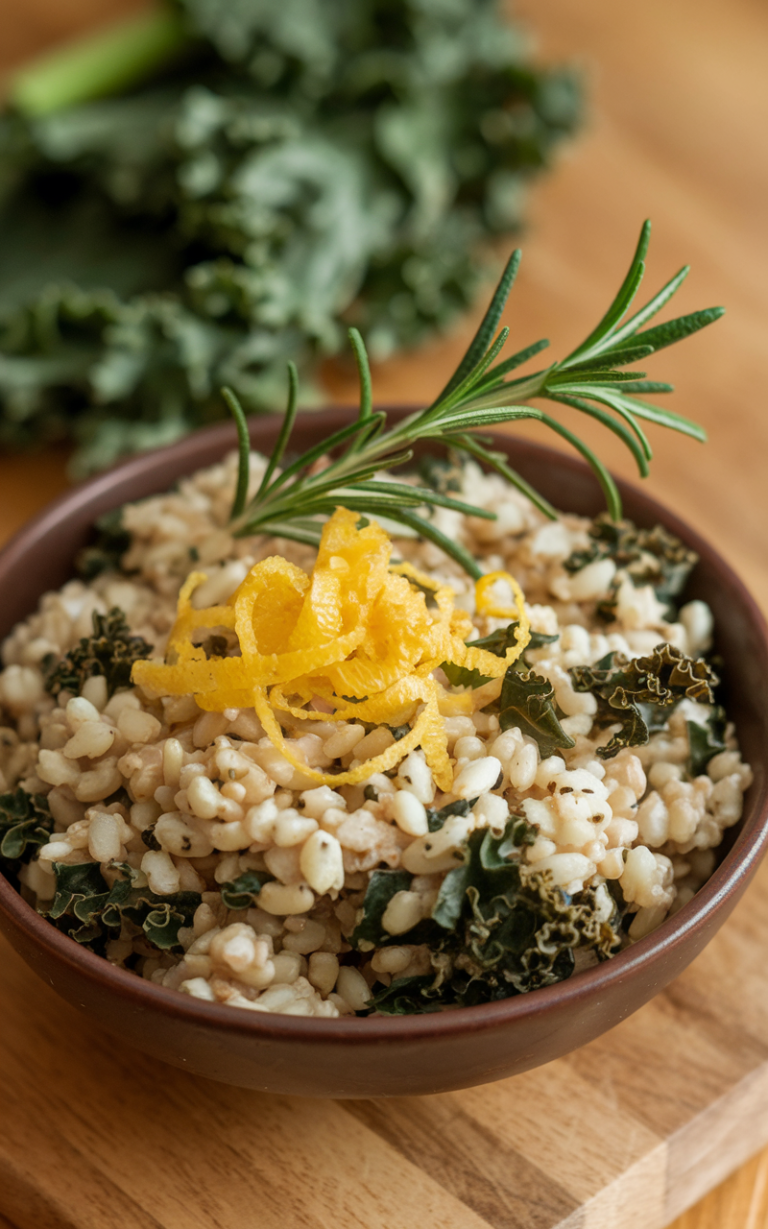10 Nightshade Vegetables to Avoid on the AIP Diet
The Autoimmune Protocol (AIP) diet focuses on eliminating foods that can trigger inflammation or other adverse reactions in the body. A category of vegetables, known as nightshades, can cause digestive issues and exacerbate autoimmune conditions.
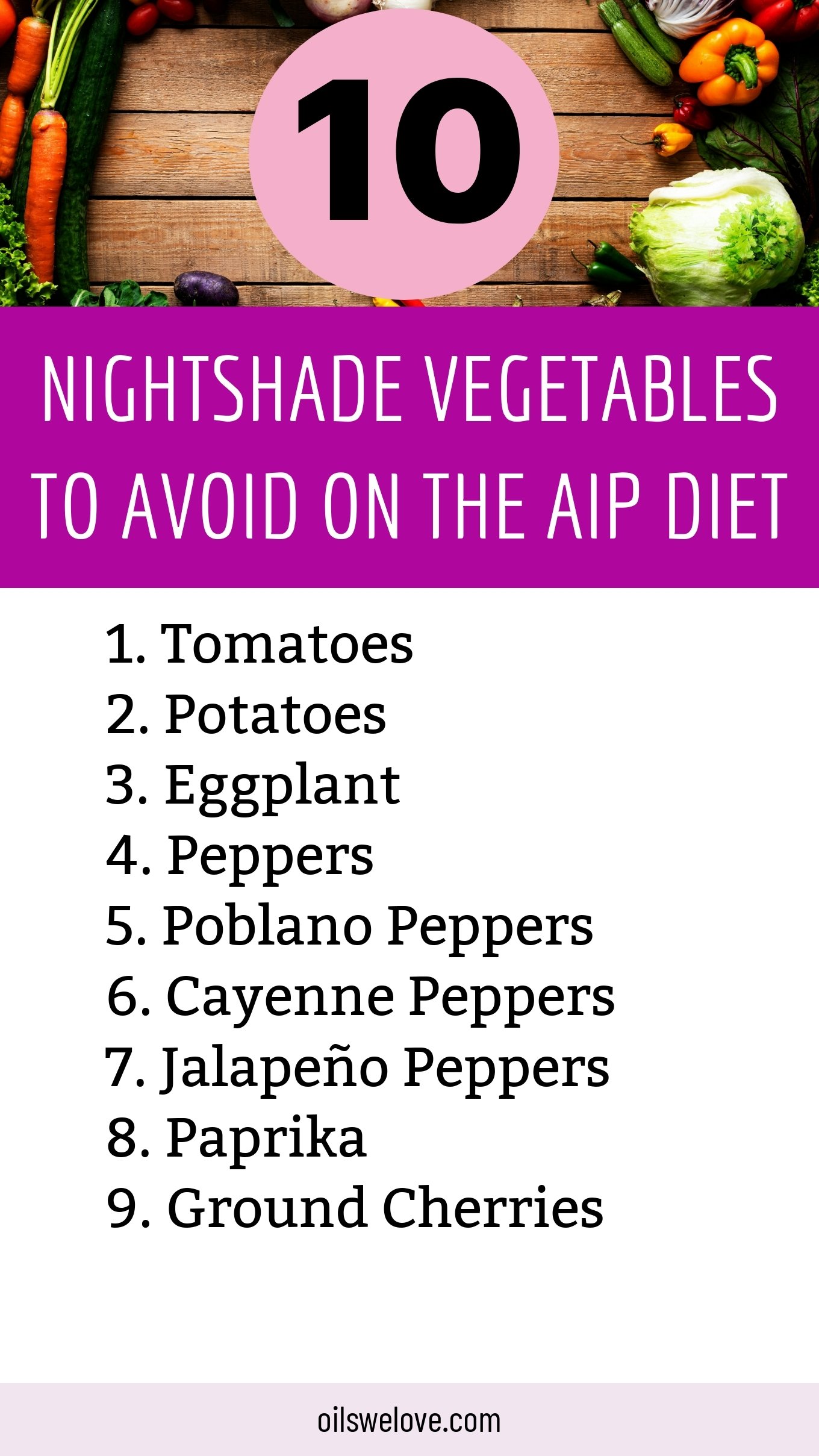
Here are 10 nightshade vegetables to keep off your plate if you’re following the AIP diet:
1. Tomatoes
Tomatoes contain solanine, a toxic glycoalkaloid that can wreak havoc on your digestive system. You might experience symptoms like headaches and irritability. If you’re particularly sensitive, even small amounts could cause discomfort.
2. Potatoes
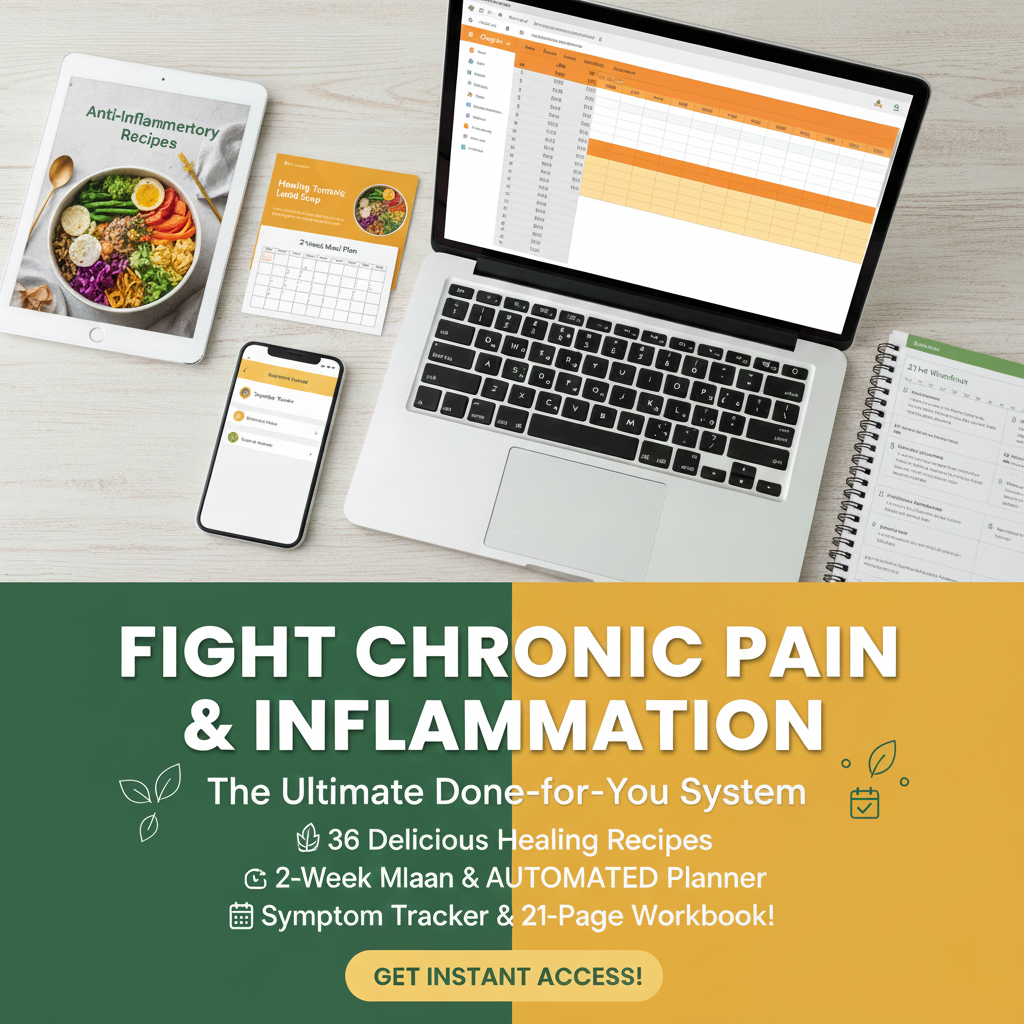
Potatoes are high in solanine, similar to tomatoes, and can lead to digestive distress. Headaches and feelings of irritability are other common side effects. If you notice these symptoms, it might be best to skip the spuds in your diet.
3. Eggplant
Eggplants are another nightshade culprits due to their solanine content. Digestive issues and headaches are typical indicators that eggplants don’t agree with you. Swapping them out for AIP-friendly vegetables can ease your symptoms.
4. Peppers

Peppers, including bell, chili, and hot peppers, are packed with capsaicin. This compound can ignite inflammation and digestive problems. If you’re prone to these issues, removing peppers from your diet is a wise move.

5. Poblano Peppers
Poblano peppers, a variant of chili peppers, also contain high levels of capsaicin. This can cause digestive discomfort and inflammation. Reducing or eliminating Poblano peppers from your meals may help you feel better.
6. Cayenne Peppers
Cayenne peppers, another member of the chili family, are known for their high capsaicin content. This can lead to digestive issues and inflammation. If these symptoms sound familiar, cayenne may not be your friend.
7. Jalapeño Peppers
Jalapeño peppers contain capsaicin, which can inflame your digestive tract and lead to irritation. Swapping them for milder, AIP-approved vegetables might bring relief. Be mindful of how you feel after consuming dishes containing jalapeños.
8. Paprika
Paprika is a spice derived from dried and ground red peppers. Despite its flavor-enhancing properties, it contains high levels of capsaicin that can trigger digestive issues and inflammation. For those on the AIP diet, it’s best to avoid this spice.
9. Ground Cherries
Ground cherries, a nightshade fruit, are rich in solanine. Consuming them can lead to digestive discomfort and headaches. If you experience these symptoms, consider eliminating ground cherries from your diet.
10. Ground Cherries
Interestingly, ground cherries also contain capsaicin, which can cause digestive issues and inflammation. Keep an eye out for these symptoms and discuss them with a healthcare professional if you’re on the AIP diet.

The AIP diet aims to support your body by reducing inflammation and other negative reactions. Cutting out nightshades like tomatoes, potatoes, eggplant, various peppers, and ground cherries can help manage symptoms associated with autoimmune conditions. Always consult with a healthcare professional or certified nutritional therapist before making significant dietary changes to ensure it’s right for you.



